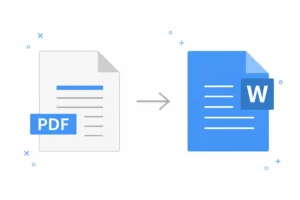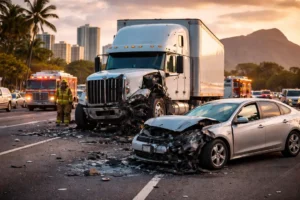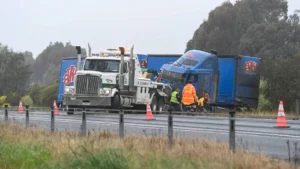The Trump administration has accelerated the development of a controversial voter database tool, sparking nationwide debate over privacy, democracy, and election integrity. The system, originally called SAVE, was built to verify immigration status for benefits but has been rapidly repurposed to scan voter rolls.
Officials say the new version enables bulk checks against federal databases, allowing states to upload millions of registered voters for citizenship verification. Supporters argue the upgrade ensures cleaner lists, while critics warn it risks becoming a sweeping federal voter surveillance program.
Democrats caution that the administration could misuse the tool to suppress votes, target opponents, or inflate fears about nonexistent widespread fraud. Maine Secretary of State Shenna Bellows rejected a Justice Department request for her voter rolls, citing deep concerns about federal overreach.
She revealed Homeland Security told her SAVE data would be stored for a decade, raising alarm about its long-term implications. However, Indiana embraced the tool, signaling an agreement granting federal officials broad authority over voter data usage for prosecutions.
Republicans secretaries of state praised the initiative, framing it as an innovative safeguard for elections, while Democrats demanded transparency and stronger safeguards. Minnesota Secretary of State Steve Simon warned that handling voter lists to Washington without clarity about usage could significantly endanger personal privacy.
Election experts also flagged risks of inaccuracies, noting Social Security records may exclude older citizens or lack updated data on naturalized Americans. The Brennan Center for Justice highlighted that reliance on incomplete federal data could wrongly flag eligible voters, creating unnecessary obstacles to participation.
Still, some academics argue that SAVE could help states if governed responsibly by narrowing potential errors and reducing costly manual verification processes. Arizona’s missteps illustrate the stakes. Election officials recently asked 200,000 voters for citizenship proof, leaving longtime residents feeling unfairly targeted and disrespected.











